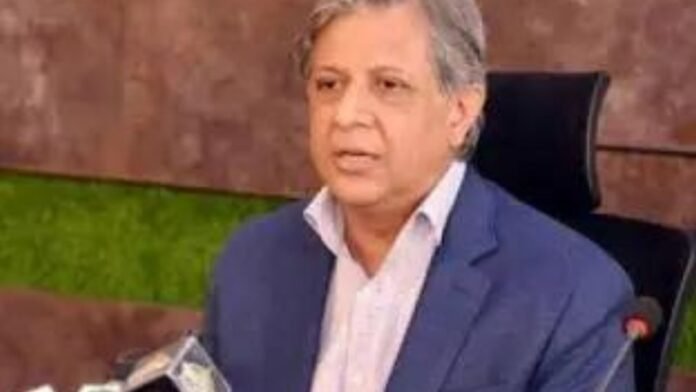Federal Law Minister Azam Nazeer Tarar has made it clear that the right to make law rests with the Parliament and no one else, making it certain that they won’t give up this power to just 17 people—Adviser to Prime Minister on Parliamentary Affairs Babar Awan said while speaking on a TV program.
Although addressing Senate: Critique of PTI’s legislative practices
In his address to the Senate, Azam Nazeer Tarar pointed out how inconsistent Pakistan Tehreek-e-Insaf (PTI) members can be known for their frequent U-turns. He highlighted the legislative process during the PTI era, which he suggested was not transparent or democratic. Therefore, Tarar talked about the previous government’s conduct of legislation as against standard procedures.
Unelected Individuals vs Elected Legislation
During the speech, the minister spent considerable time distinguishing between elected representatives and those not part of any electoral contestation, claiming that they cannot set aside laws passed by elected representatives. This distinction is crucial for the credibility of parliamentary democracy because, according to him, ‘we must understand that only those elected have the right to interpret constitutionality but certainly do not possess the mandate to rewrite it.
Independent Members and Political Alignment
Tarar also spoke about the political alignment of independent members, noting that they had joined the Sunni Ittehad Council without any external pressure. This statement indicates a shift in political dynamics and the autonomy of independent members in making political decisions. It also suggests consolidating support for Tarar’s position within the broader political landscape.
Recounting and Stay Orders: The Case of Khawaja Saad Rafique
The Federal Minister recounted an incident from 2018, in which a stay order on recounting in Khawaja Saad Rafique’s constituency remained effective for the entire term of the assembly. This example illustrated the procedural delays and legal complexities affecting the legislative process and criticized the opposition’s approach to legal challenges and election petitions.
Legislative Practices During the PTI Era
Tarar criticized the legislative practices during the PTI era, recalling how a supplementary bill was presented and passed with a single vote in the absence of the Leader of the Opposition. He emphasized maintaining historical accuracy and factual integrity in legislative records. This critique highlights the procedural irregularities and the perceived lack of transparency during the PTI government.
Successful Vote of No Confidence and Pending Petitions
Tarar noted that while their vote of no confidence was successful, election petitions remained pending, reflecting inefficiencies in the judicial process. He pointed out that retired judges, serving as election tribunals, resolved 80% of petitions more quickly than serving judges. This comparison underscores the need for efficiency and practicality in the judicial handling of election-related cases.
The Role of Parliament in Legislating and Amending Laws
Azam Nazeer Tarar reiterated that Parliament has the right to make and chParliament’snge w. He asked members to use their power without any outside influence.


